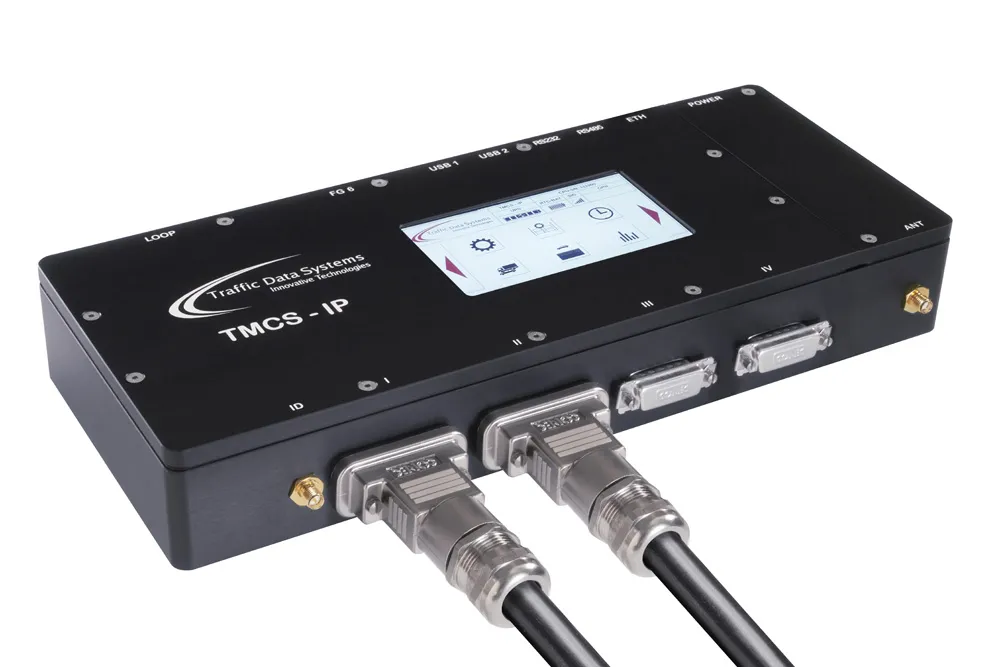The US state of Idaho Transportation Department (ITD) has awarded International Road Dynamics (IRD) a US$1.5 million contract to supply and install an electronic pre-clearance system for the Huetter port of entry. The contract also includes two years of maintenance to commence upon completion of the installation.
The project includes IRD's integrated electronic mainline weigh-in-motion (WIM) pre-screening solution with its intelligent roadside operations computer (iROC) that will exchange information w
June 17, 2014
Read time: 2 mins
The US state of 7477 Idaho Transportation Department (ITD) has awarded 69 International Road Dynamics (IRD) a US$1.5 million contract to supply and install an electronic pre-clearance system for the Huetter port of entry. The contract also includes two years of maintenance to commence upon completion of the installation.
The project includes IRD's integrated electronic mainline weigh-in-motion (WIM) pre-screening solution with its intelligent roadside operations computer (iROC) that will exchange information with the state's commercial vehicle information systems and network (CVISN).
Vehicle information such as weight, dimensions, and identification is collected at highway speed and passed to IRD's iROC system to determine in real-time whether a truck is permitted to bypass a weigh station, or to notify the vehicle to report to the station for inspection. The CVISN program is a key component of the Federal Motor Carrier Administration's (FMCSA's) initiative to improve commercial vehicle efficiency, compliance and safety.
Terry Bergan, IRD's president and CEO stated: "We are very excited to participate with the state of Idaho Transportation Department to expand their CVISN program by deploying intelligent transportation systems technology for the Huetter port of entry. The expansion will complement their current electronic pre-screening sites previously supplied by IRD at Lewiston and Boise and grow the State's network of fully automated weigh station facilities."
The project includes IRD's integrated electronic mainline weigh-in-motion (WIM) pre-screening solution with its intelligent roadside operations computer (iROC) that will exchange information with the state's commercial vehicle information systems and network (CVISN).
Vehicle information such as weight, dimensions, and identification is collected at highway speed and passed to IRD's iROC system to determine in real-time whether a truck is permitted to bypass a weigh station, or to notify the vehicle to report to the station for inspection. The CVISN program is a key component of the Federal Motor Carrier Administration's (FMCSA's) initiative to improve commercial vehicle efficiency, compliance and safety.
Terry Bergan, IRD's president and CEO stated: "We are very excited to participate with the state of Idaho Transportation Department to expand their CVISN program by deploying intelligent transportation systems technology for the Huetter port of entry. The expansion will complement their current electronic pre-screening sites previously supplied by IRD at Lewiston and Boise and grow the State's network of fully automated weigh station facilities."










